Hello and welcome to our blog! We are so happy to be beginning our project with our community partner, the women’s centre on the Downtown Eastside, over the next couple of months. We hope to make this blog a place to communicate our journey in creating a drop-in food program for the women and children who access their resources. In this blog post we will introduce ourselves as a team, introduce the centre and the goals of the project, and review our own goals and approaches while working with them.
MEET THE TEAM
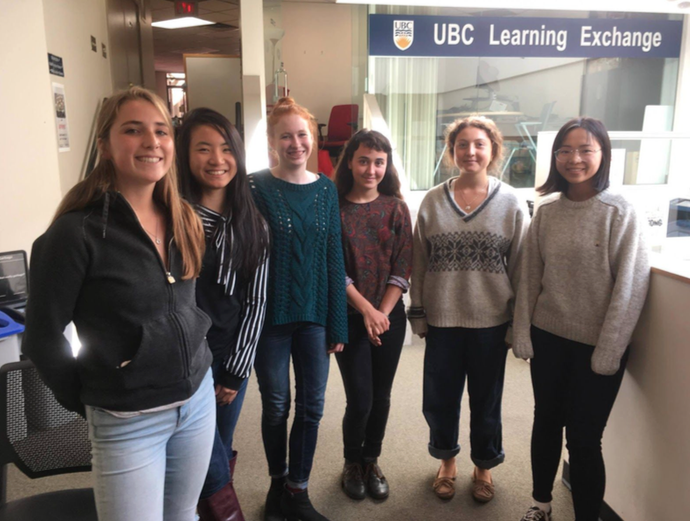
From left to right: Sydney, Angela, Amanda, Christina, Caterina, Ingird
Let’s get started with some introductions!
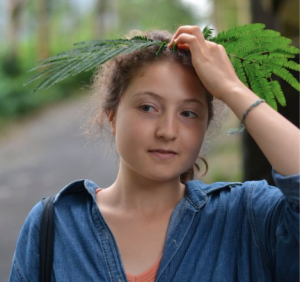
Caterina Marra is a third-year student studying Global Resource Systems and specializing in health. Caterina’s interests include social and environmental justice, preventative healthcare, and community capacity building. She also enjoys time spent with her friends, family, as well as with trees!
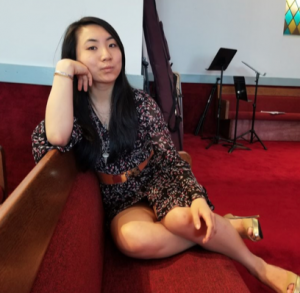
Angela Tung is a third year Food, Nutrition, and Health student. She enjoys practicing yoga and making home cooked meals.
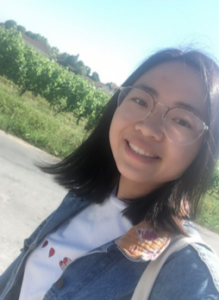
Ingrid is a third year student at UBC, majoring in Nutritional Science. Ingrid enjoys cooking for friends and family, doing latte art, and travelling.
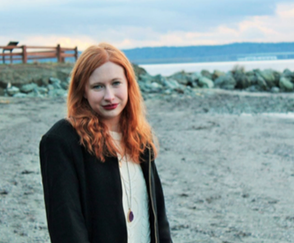
Amanda is in fourth year student at UBC in the Food, Nutrition, and Health program. Amanda enjoys teaching skating, volunteering with youth, and eating good food during her free time.

Sydney is in her third year in the Food, Nutrition, and Health program at UBC. Her interests include nutrition, promoting wellness in the community, and spending time in nature.
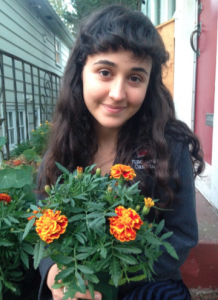
Last but not least, Christina is majoring in Plant and Soil Sciences within Global Resource Systems. Christina is interested in helping to make the northern regions of Canada more food secure. Christina also loves photography, and bringing art to unusual places.
More About Community Partner
Our community project with the women’s centre is very meaningful to us as a group. We chose to be involved with this project because we want to support them in developing a meaningful food program for the women and children who access their service – in order for them to have access to safe and healthful food that reflects their needs and desires. The centre works to provide resources such as safe housing and education to women and children impacted by violence.
Team’s First Impressions
While choosing this project, we agreed with the centre’s objectives and mission to ending gendered violence, and thought that this project was one that could be directly impactful and tactful. In order to create this food program, our first steps include making connections with the women of the centre and their community within Vancouver’s Downtown Eastside. Throughout the project each and everyone of us hopes to learn and connect with the communities in the Downtown Eastside, including the centre’s own community of women and children. We believe this interaction will not only broaden our knowledge on issues women in the Downtown Eastside face, but will allow for our project to be more meaningful to us and the women who will be using the food service.
Team Goals
Through this project with working with the women’s centre, we we hope to gain an insight of what it is like working with vulnerable populations and communities – and how to use an Asset Based Community approach. We are so lucky to be working with , and we think that having the knowledge of how to properly work with a community is so important for the work we’re doing now and in the future, perhaps with other communities in the Downtown Eastside.
Project Overview
Our project will involve discussing ideas for a drop-in food program with residents in the surrounding community as well as people who are already use the organization’s other resources. Though we will be reviewing other food programs in the community, our goal is to create a report stating the needs and desires of the women and children at the centre to create a drop in program that will be positively impactful. In order to find out the needs of the woman there, we will be carrying out interviews to see what they would like to see in a food program. We hope to compile their feedback and then work with their available resources that are useful and wanted by women within the Downtown Eastside to propose a food program. We want our community project to also reflect the centre’s objectives: to focus on a harm reduction, anti – oppressive advocacy, and feminism, all in a safe and inclusive space at the centre. Communicating with the people who would use the resources the centre wants to provide for as a ground for development is necessary and meaningful because it allows the organization to fill unique needs and address needs in unique ways, perhaps better, and more fully. Through our interests in women’s health, food security, and community capacity building, we hope to be helpful community partners that can work with the community to implement a sustainable food program to improve food security in the neighbourhood. We want to participate and learn from the staff and patrons of the centre, to better our perspectives and help to see what it means to be thoughtful and proactive in nonprofit work of any kind.
In this project we will be using an Asset Based Community approach. This means we are supporting our community partner to make their own decisions with the resources they have. In addition to seeing what the women are looking for in a food program at the centre, we also want to see what is working for the women in Vancouver’s Downtown Eastside in regards to food security at this time. Asset Based Community Development is helping communities to thrive through working with existing resources. This implementation can be very effective in the long term because it gives strength and independence to communities. This is significant as community members truly understand the community issues, thus with asset based community development, they can create viable changes that they deem necessary. We are not working with community partners to share our opinions and advice, we are there for support. We are so grateful to have learned about this approach in our LFS 350 classroom, the UBC Learning Exchange, and through Ernesto Sirolli’s TED Talk. In Ernest Castello’s TED Talk “Want to help someone? Shut up and listen!”, he talked about the importance of never showing up to a community with any idea of what you want to implement. The community you are working with has the knowledge of what needs to be done with their community to make a long lasting positive impact. So by showing up to a community with an idea of what needs to be done, you are already harming the community you want to be helping. This is why with our project with our community partner we will be summarizing the opinions of the women from the centre when creating a proposal for a food program, and not suggesting any ideas that do not reflect their needs and desires. Gottlieb and Joshi (2010) defined Food Justice as three areas that need to be be addressed which are “(i) seeking to challenge and restructure the dominant food system, (ii) providing a core focus on equity and disparities and the struggles by those who are most vulnerable, and (iii) establishing linkages and common goals with other forms of social justice activism and advocacy—whether immigrant rights, worker justice, transportation and access, or land use.” We understand that women using the centre in Vancouver’s Downtown Eastside are a vulnerable population that may or may not be food secure. We hope to follow this framework of food justice and hope that our work with the women’s centre will help restructure the women’s food system to be one that is more food secure. Christina and a few other students walked around the area (UBC Learning Exchange) after the initial session and visited an art gallery, which Christina had walked by many times before but never took notice to as an artistic space, proving immediately that our impressions are flimsy and that there will be so, so much to learn in the process of doing this project, of scales hard to imagine now and about things we can’t predict.
References
Gottlieb, R., & Joshi, A. (2010). Food Justice. MIT Press.